
This article is more than
9 year oldBut the inspiration for this scheme to improve health services in Zambia began in very low-tech and unhappy circumstances.
Huw Jones, working in Zambia as a safari guide, was driving a Land Rover along a road in a remote part of the country.
He saw a trail of blood in the road, and his first reaction was that it might have come from an animal killed by a lion.
But he came across a couple on a bike - the man riding and the woman carried on the handlebars.
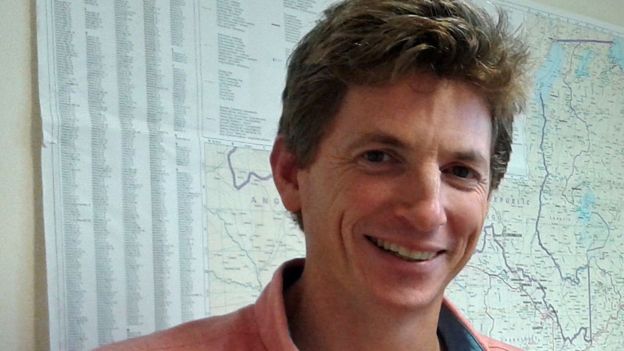
She was pregnant and bleeding heavily and they had been cycling for hours with the aim of reaching the nearest hospital, almost 60 miles away.
The woman was in a great deal of pain and her husband seemed to be in a state of shock, says Mr Jones.
"In the heat and that terrain, they were desperate," he says.
Mr Jones stopped to pick them up and drive them.
But the woman was already weak and died in the back of the Land Rover before they could reach anyone who could give them medical help.
"It affected me quite deeply. I wondered if I could do anything," says Mr Jones.

It was an awful example of the lack of medical provision for rural communities in sub-Saharan Africa - and, he says, he has come across too many deaths that could have been avoided with better care.
Zambia has about 1,600 doctors for a population of 14 million, and two-thirds of these are working in towns and cities, while most of the country's population is in the countryside.
It means access to good quality health care is often difficult if not impossible.
When Mr Jones returned to the UK, he began to develop a project to fill some of these gaps.
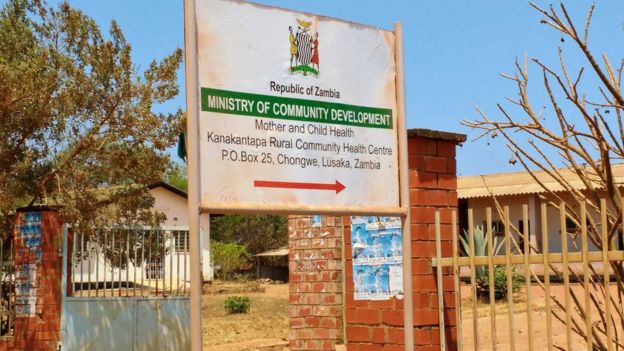
He set up the Virtual Doctors charity, based in Brighton, which uses the expertise of volunteer doctors in the UK to provide direct and individual support for health workers in Zambia.
For many communities, it is not practical to expect sick and frail people to walk or cycle for hours to hospital.
So families depend on rural health centres, which have health workers but no qualified doctors.
The virtual doctors project means that these isolated health centres can be supported by doctors thousands of miles away.
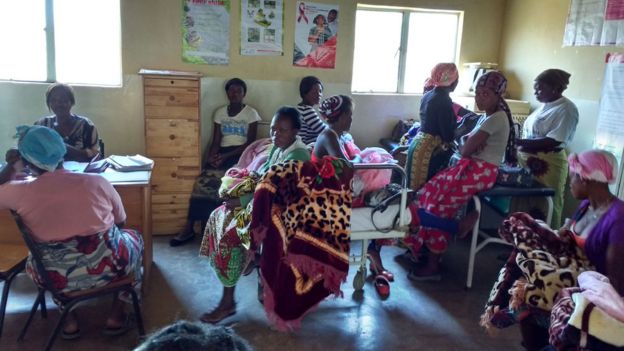
Health workers and clinical officers on the ground use an app on a smartphone or tablet computer to take notes on a patient's symptoms and photographs.
This information is sent to a volunteer doctor in the UK who helps with a diagnosis and recommends treatment.
Cases are directed towards doctors with a relevant specialism, whether it is skin diseases or HIV and Aids-related problems.
The doctor in the UK will have a list of the drugs and equipment kept in the health centre in Zambia and can suggest treatment or further tests based on what is practical and available.
"For instance, there's no point calling for an MRI scan," says Mr Jones.
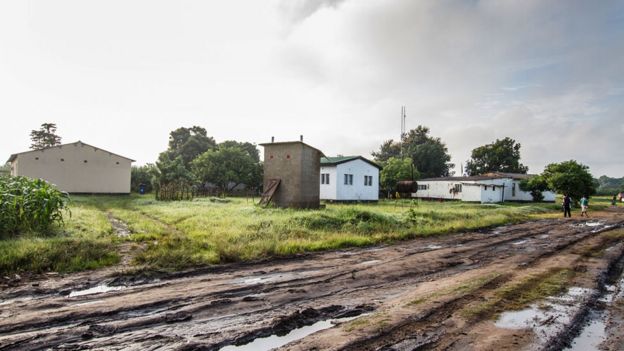
Virtual Doctors is now supporting 19 rural health centres, which typically deal with problems such as malaria, tuberculosis, HIV/Aids and pregnancy-related conditions.
There are also two district hospitals taking part in the project.
Mr Jones says that even where there are facilities such as X-ray machines, there can be a shortage of radiologists to look at the evidence.
The virtual doctors in the UK have been able to help with chest X-rays of patients in Zambia, he says.
These local health centres have catchment areas of tens of thousands of people, and hospitals provide services for hundreds of thousands. And Mr Jones says the virtual doctors are now supporting health services for almost a million people.
The charity wants to expand further, with discussions in progress about working with other countries in sub-Saharan Africa, including Tanzania and Uganda.
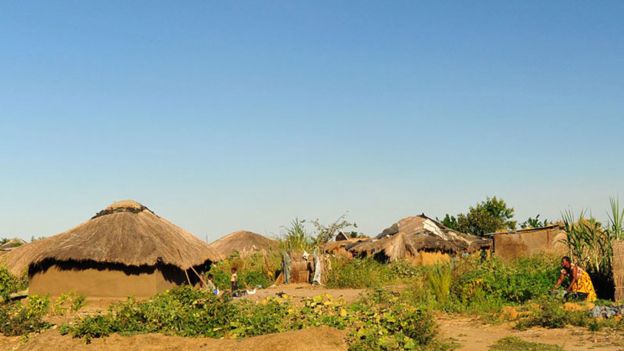
Mobile-phone networks are improving, and that could mean moving to more direct, real-time ways of communicating, such as video conferencing.
But Mr Jones says the emphasis must be on a system that is robust, simple, reliable and can be depended upon to work.
Former Education Secretary Charles Clarke, who is supporting the project, describes it as a "brilliant initiative that brings together voluntary expertise and desperate need".
The Virtual Doctor system has been backed by the Zambian government.
Muyeba Chikonde, Zambia's high commissioner in the UK, said he was very pleased at the assistance being provided.
He said it was in the spirit of "ubuntu" - a word used in southern Africa to suggest a philosophy of sharing and showing "humanity towards others".